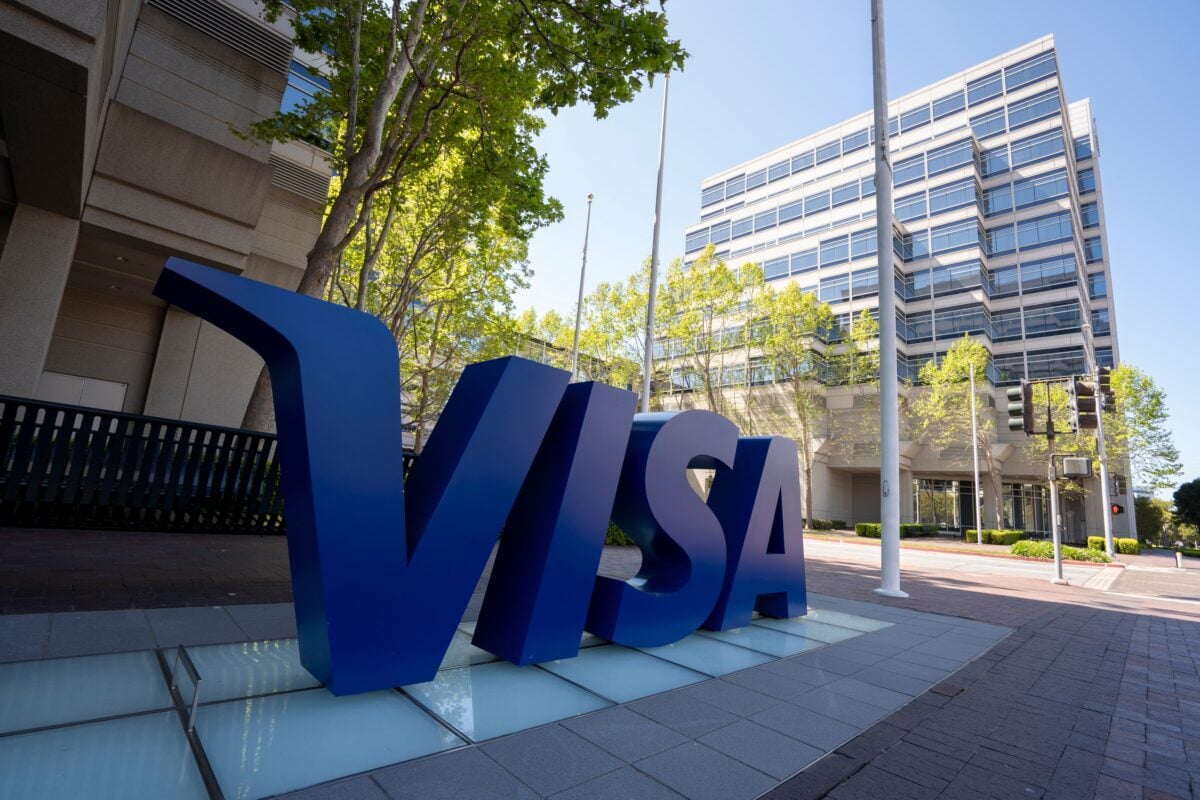TLDRs;
Contents
- Visa ends US open-banking business, citing regulatory uncertainty and consumer data fee debates.
- The company will focus instead on Europe and Latin America, where clearer frameworks exist.
- Visa’s exit follows its failed $5.3B Plaid deal and later $2B acquisition of Swedish open-banking firm Tink.
- JPMorgan’s new data access fees highlight rising tensions between banks, fintechs, and regulators.
Visa has decided to shut down its open-banking operations in the United States, citing regulatory uncertainty surrounding consumer data rights and looming rules on data access fees.
The payments giant, which once positioned itself as a key player in linking fintech firms with customer account data, will instead shift its strategy to regions it sees as more favorable, Europe and Latin America.
This move comes at a pivotal moment for the US financial sector. Regulators, banks, and fintechs are locked in an ongoing battle over who controls consumer financial data and at what cost. The Consumer Financial Protection Bureau (CFPB) is working on a sweeping rule that could prevent banks from charging third parties to access customer data, sparking pushback from banking groups that argue such mandates are costly and risky.
Europe and Latin America gain priority
For Visa, the clarity offered by international markets makes them more attractive than its home turf. CEO Ryan McInerney has highlighted Europe’s PSD2 framework as a model that enables innovation while ensuring compliance.
Similarly, Latin America has become a testing ground for open-banking expansion, with several governments rolling out structured data-sharing rules to foster financial inclusion.
The company’s renewed focus underscores how regulatory certainty can outweigh market size when it comes to long-term business planning. Even though the US remains Visa’s largest overall market, executives see more potential abroad, where predictable frameworks allow investment and product development without the risk of abrupt regulatory reversals.
From Plaid to Tink: a strategic pivot
Visa’s exit from US open banking marks a dramatic turnaround from its previous ambitions. In 2020, the company attempted to acquire fintech darling Plaid for $5.3 billion, a deal that would have given Visa a strong foothold in consumer-permissioned data sharing. However, the US Department of Justice intervened on antitrust grounds, and Visa ultimately walked away.
Undeterred, the company quickly pivoted to Europe, acquiring Swedish platform Tink for $2 billion in 2021. Tink offered Visa a ready-made path into regulated open banking, with executives framing the deal as a way to “accelerate innovation” in financial services.
Now, just a few years later, Visa has abandoned the US side of its open-banking efforts altogether, effectively doubling down on the strategy shift that began with Tink.
JPMorgan’s move reshapes the landscape
While Visa’s exit is not directly tied to JPMorgan Chase’s recent decision to impose fees for customer data access, the timing highlights growing friction between traditional banks and fintech challengers. JPMorgan’s policy could generate hundreds of millions of dollars annually, further complicating the economics for third-party providers reliant on free or low-cost data connections.
For fintech startups, Visa’s withdrawal is a setback, removing a major facilitator of connectivity between banks and financial applications. For banks, however, it signals that large payment processors may be less willing to fight regulatory battles in uncertain environments.
Visa’s departure reflects a broader reality: even dominant players are cautious when the regulatory ground beneath them is shifting. As open banking evolves, the winners may be those operating in jurisdictions where clarity defines the rules of engagement.


